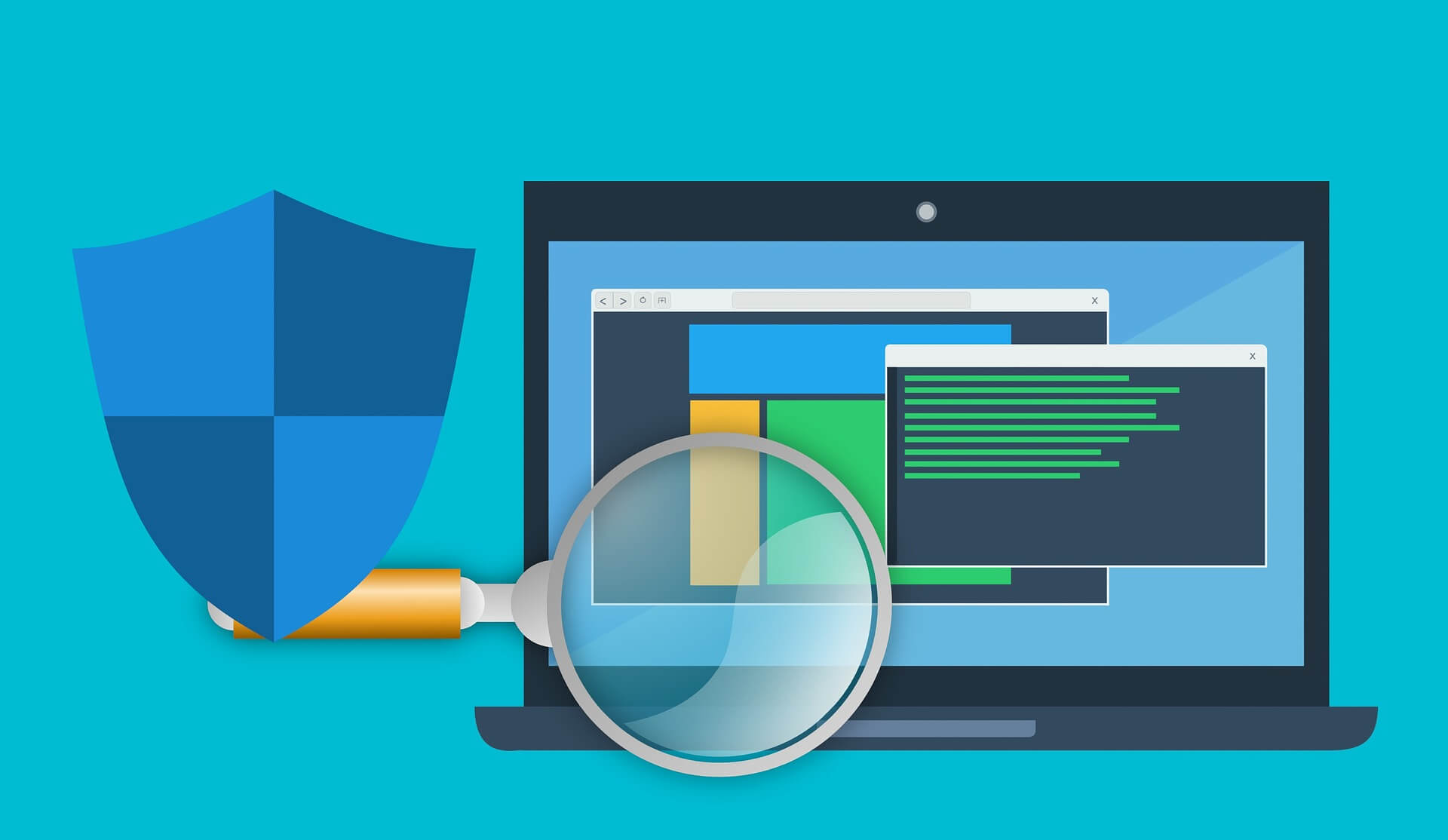
Getting a high ranking on search engines like Google is now very important for the success of any website, and this is especially true for websites that are powered by WordPress. The competition for better online exposure is tough, and it has never been more important to learn the art of SEO (search engine optimization).
In this in-depth tutorial, we will dig into the best SEO tactics that have been particularly developed for WordPress websites. Our goal is to provide you with the information and resources necessary to fly above your competition and obtain better ranks on Google’s search results.
1. Optimize Your On-Page Elements
Your WordPress website’s potential for search engine optimization success is mostly dependent on how well its individual pages are optimized for search engines. Do in-depth research on keywords to determine the terms and phrases that people in your target demographic are actively looking for.
Make sure that these keywords flow naturally throughout your text, headers, and meta tags by including them in the most natural way possible. It will ensure that your content is engaging to readers as well as search engines. Optimizing all the elements of On-Page is the first step of effective search engine optimization.
2. Craft High-Quality, Relevant Content
When it comes to search engine optimization (SEO), content is king. Your WordPress site should always deliver content that is helpful, educational, and interesting, and it should meet the requirements and concerns of your audience. Establishing your website as an authoritative source in your specialized field may be aided by using long-form articles, high quality blog posts, and multimedia material such as images, videos, and infographics. The content should be professional, easy to understand, and relevant to the topics.
3. Speed Up Your Site’s Loading Time
Not only page speed is essential for quality user experience, but it is also an important factor in determining where a website ranks in search engines. Compressing pictures, enabling cache in your browser, and selecting a trustworthy hosting provider are the best ways to improve the loading speed of your WordPress website.
Google gives a higher preference to websites that load faster and provide their users with a quick and trouble-free experience. Image optimization, lazy loading, code optimization, database optimization, object caching, browser caching, code minification, assets combination, etc. make your website load faster.

4. Harness the Power of Backlinks
Establishing a solid backlink profile is essential to achieving good search engine optimization results. Obtain backlinks of high quality and relevance from websites that are known to be credible in your sector. It is possible to build a broad and authoritative backlink portfolio by participating in activities like as guest blogging, influencer collaborations, and content partnerships.
This will show Google that your website is a worthwhile resource. Building high-quality and relevant backlinks not only increases authority but also increases traffic from external sources.
5. Implement Schema Markup
A little-known gem in the realm of search engine optimization is called schema markup. You may give search engines with vital context about your content by adding schema markup to your WordPress site. This may result in improved search results known as rich snippets, which have the potential to raise your click-through rates as well as your visibility overall.
Well, implementation does not directly improve sech engine ranking but it increases the click-through rate, improving your search engine rankings. If you are looking to improve your website rankings, contact us now!
6. Mobile Responsiveness & Regular Update
Google puts a significant focus on mobile responsiveness due to the fact that the vast majority of internet searches are conducted on mobile devices. Make sure that your WordPress site is adequately optimized for mobile visitors so that it provides a consistent experience across a wide range of screen sizes.
From the viewpoint of search engines, freshness is of the utmost importance. Make sure that the information you provide on your WordPress site is always up to date and relevant by updating it on a regular basis with fresh material.
This displays to Google that your website is active and continually offering something of value to its visitors.

7. SEO-Optimized Themes and Plugins
Themes and plugins are the core of the WordPress website. Installing SEO-friendly and lighter themes and plugins always improves your search engine rankings. The search engine optimization (SEO) performance of your WordPress site may be considerably improved by carefully choosing its theme and plugins.
Pick themes that have a clear coding structure and are fast to load. In addition, make use of SEO plugins such as Yoast SEO or All in One SEO Pack to ease the process of optimization and get real-time advice.
8. Optimize Images & Monitor Progress
Images are important because it increases user engagement. But, if it is not optimized properly, it might slow down the loading speed of your website. In order to improve accessibility and keyword relevance, you should compress images and include alt tags that are meaningful.
Search engine optimization is a continuous process that has to be constantly monitored and improved. Make use of tracking tools such as Google Analytics and Google Search Console to monitor the performance of your website, recognize patterns, and arrive at well-informed decisions in order to improve your SEO approach.
Conclusion
To summarize, being an expert in the field of search engine optimization (SEO) for WordPress websites calls for a multidimensional strategy that incorporates on-page optimization, the production of high-quality content, technical expertise, and regular monitoring.
You will be able to improve the visibility of your WordPress site, rank higher than your rivals, and develop a solid presence on the internet if you put into action these leading SEO tactics.
